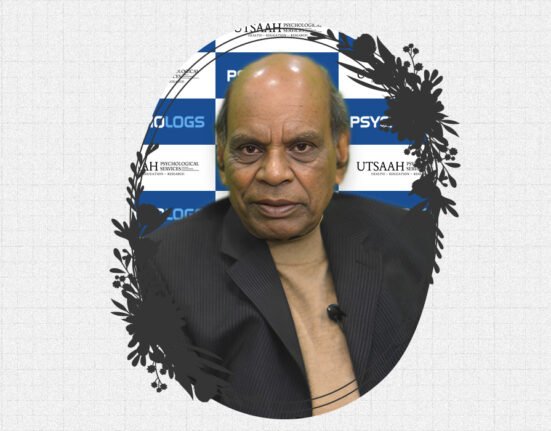On Tuesday, a survey by the Bihar government to understand the mental health of over four lakh government school teachers in the state. According to the state education department official, “it is the first time that a survey was conducted to know the mental health and wellbeing of teachers in over 75,000 government schools. The survey found several concerns about student and teacher absenteeism and stressful management of academic and non-academic work.
Key findings
- They were often stressed about non-teaching assignments that included election duty and caste-based surveys.
- During the survey, only 58% of the appointed teachers were present on duty.
- Student’s attendance was extremely poor in primary and upper-primary schools.
- 23% of total children enrolled in primary school were present during the survey
- The treatment gap for mental illness ranged from 28 to 83%
The Bihar government announced a survey for over 4 lakh government school teachers in the state, on Tuesday. The State Council of Educational Research and Training will commence the survey this month due to the increasing number of complaints against the teachers for absenteeism, lack of management to complete syllabus on time and complaints by students on the rise.
The district education officers (DEOs) mentioned that the survey will tell us how to deal with students who are under stress because of the rash behaviors of certain teachers. Some teachers continue to beat up students, even though caning is banned, and such incidents often go under-reported.
Pramod Kumar, a counselor with SCERT Bihar mentions the details of the survey where there were a set of 16 questions to be answered by the teachers. Only government school teachers from Class 1 to Class 12 were limited. Once the survey results are known, we can support follow-ups by providing counseling.
The questions in the survey included questions like:
- “Does the stress you experience at home impact your performance at school?”
- “How often do you scold the students?”
- “Do you complete the syllabus for all classes on time?”
- “In which environment do you experience greater mental stress, at home or at school?”
- “Does your stress level affect your teaching?”
- “Are you happy with the current education system”
The state education department official added that teachers were occupied with non-teaching assignments like ‘election duty’ and ‘caste-based surveys’, resulting in a reported rise in stress levels. The state official said that, in order to improve the education system, it is essential to know the mental health of these teachers and their feedback on methods for improvement.
A teacher from Bhagalpur village suggested that the government should hand over midday meal schemes to any agency and trust its workforce rather than conducting inspections and putting us under unnecessary pressure.
Tips to take care of mental health as a teacher
The survey on the mental health of Bihar school teachers reveals some insights into the concerns they face, based on the findings, here are some suggestions:
In order to improve the mental health of Bihar school teachers, teachers should advocate for delegation of non-teaching tasks including election duty and surveys to other agencies in order to reduce the workload and stress.
1) Managing work-life balance:
This means that the teachers should learn ways to separate their personal stress from professional activities, e.g seeking support from family, friends, or even counselors that can guide and provide direction.
2) Effective Time Management:
To reduce stress, prioritize tasks to ensure completion of the syllabus before the due dates should be learned by teachers.
3) Open communication:
The school management, parents, and students should be communicated with by teachers to address concerns and ensure the maintenance of a supportive and positive learning environment. Addressing students’ stress can also proactively prevent it from escalating.
4) Mindfulness and Stress-Reduction Techniques:
Many therapists recommend these interventions to reduce internal conflicts and regulate emotions in a healthy manner. If schools conduct workshops and seminars and take these interventions seriously, they can reduce stress for teachers and students.
Read More Articles:
- Teachers’ role in preventing bullying
- Is India Paying Enough Attention to the Mental Health of Young Adolescents?
- The Psychology of Discipline
- Beyond Limitations: Valuable Insights From Learning Disabilities













Leave feedback about this